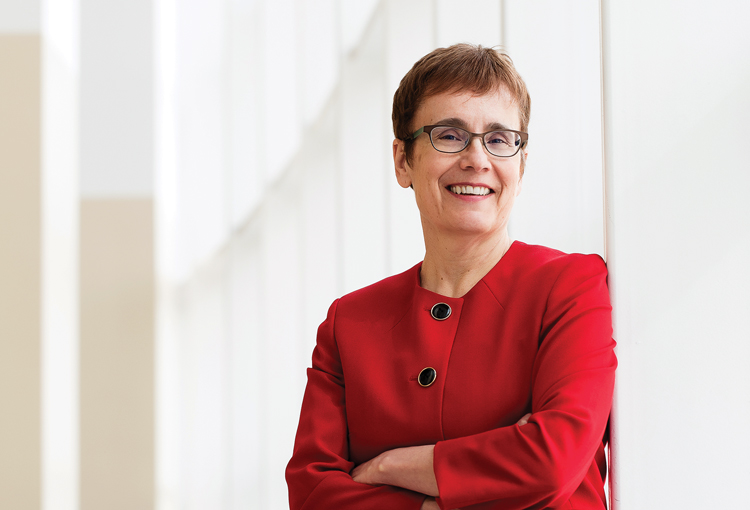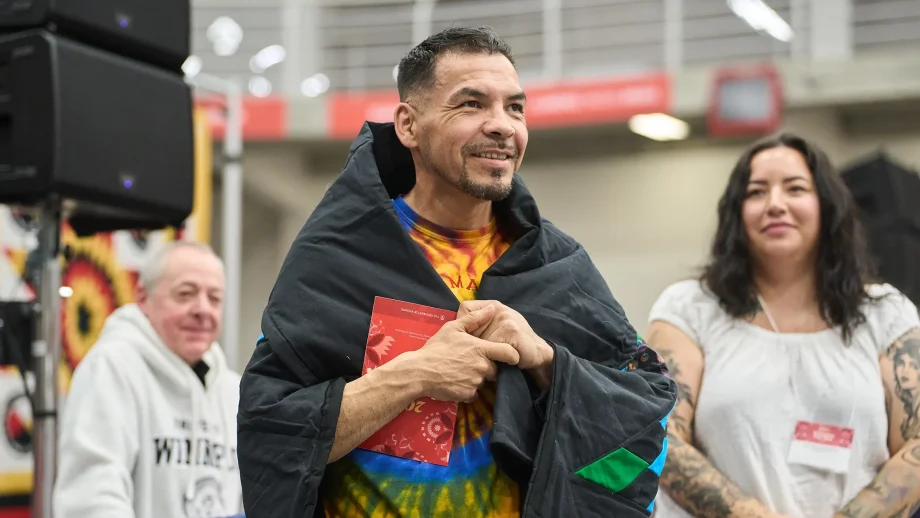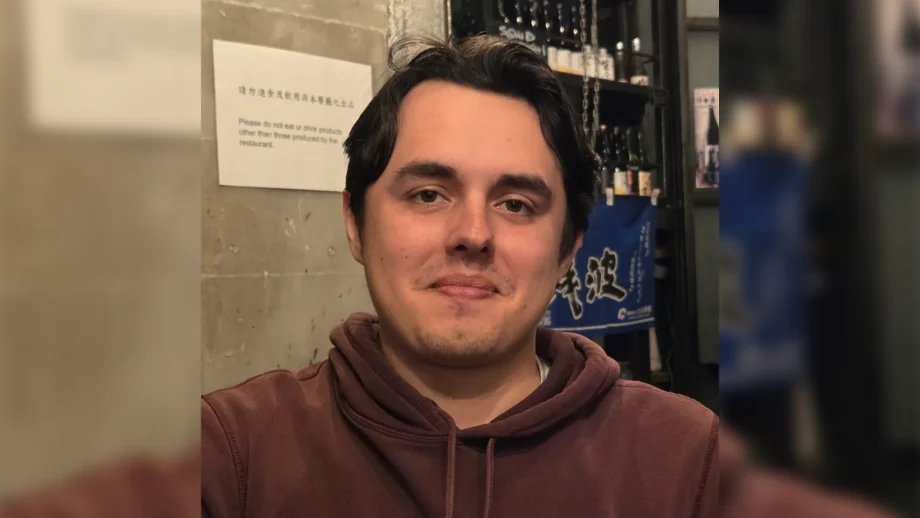
Dr. Annette Trimbee, President and Vice-Chancellor at UWinnipeg. Photo by Cory Aronec.
This Q & A by Diane Poulin was originally published in the commemorative 2017 edition of UWinnipeg Magazine.
Q: You are completing your third year as President and Vice-Chancellor. How would you describe your experience?
It is both inspiring and humbling to be in a university that has such a sense of place. There is so much talent and passion here, and humanity. We have conversations on campus that can be very contemporary and heart-wrenching, very real. I also love the rhythms of the university because there is a sense of renewal…we greet students and say good-bye to them; it happens quite quickly, and yet they are transformed by their time here.
Q: What do you consider the biggest accomplishment so far?
For me personally, it has been the development of our Strategic Directions, partly because of the process, which included lots of input and engagement from our faculty and students and ownership by the Board of Regents. It sets our direction for the future and says we will focus on five areas (academic excellence and renewal; student experience and success; Indigenization; research excellence, knowledge mobilization and impact; financial and institutional resilience.) Each of these areas is equally important and by working on all five, it will have a huge impact.
Q: We are celebrating our 50th anniversary as a university but of course our roots go back more than 145 years. What do you think is UWinnipeg’s unique impact in our community?
We have always attracted faculty, students, and staff with a sense of social justice and a desire to live their lives with purpose. Our role is growing leaders who are having an impact in our city and country and beyond. When I talk about leaders, I don’t mean the title that someone holds, but the contribution they make to the causes that matter to them. It may sound like a cliché but UWinnipeg really does have a history of punching above its weight. People are often surprised by where our alumni end up and the significant contributions they are making.
Q: If we look ahead to the coming year, what do you most want to see accomplished?
We need to keep moving forward with our Strategic Directions plan. For instance, with Indigenization, getting a mandatory Indigenous Course Requirement was a huge step — but there is more to go, such as Indigenizing our spaces. One of the things we are doing this year is taking a look at our campus development plan and how we can modernize our library, for example, and pay attention to our older buildings on campus. The first part is figuring out what we need and the second part will be how to secure the necessary funding.
Q: When you returned to Manitoba three years ago, you spoke about wanting to explore your Métis heritage. Where has that journey taken you?
I have reconnected with family and our genealogy which has been really interesting. I applied for and received my membership in the Manitoba Metis Federation. That was a very special day; I was very, very proud to receive that card. I also want to know more about Métis history and took part in a course with Dr. Myra Laramee and Sharon Parenteau here at UWinnipeg. I was really impressed with their teaching style. In every class, they asked students to reflect on what they learned and why it mattered and what they would do differently as a result. It was interesting to think about that and the Winnipeg my great grandfather was living in — and how rapidly that changed and went downhill for Metis people, and now, how things are very much on the upswing. It is a slide and recovery story that I could personalize.
Q: Is there anything you would like to add?
I am touched by how vested people are in this university, how much they care. I am glad people have embraced the Strategic Directions because it gives us a common framework to work from.
Dr. Annette Trimbee assumed the role of President and Vice-Chancellor at The University of Winnipeg on August 1, 2014. She holds a BSc from the UWinnipeg, an MSc from the University of Manitoba and a PhD from McMaster University in Ecology and was a Post-Doc in aquatic ecology at the University of Alberta.




